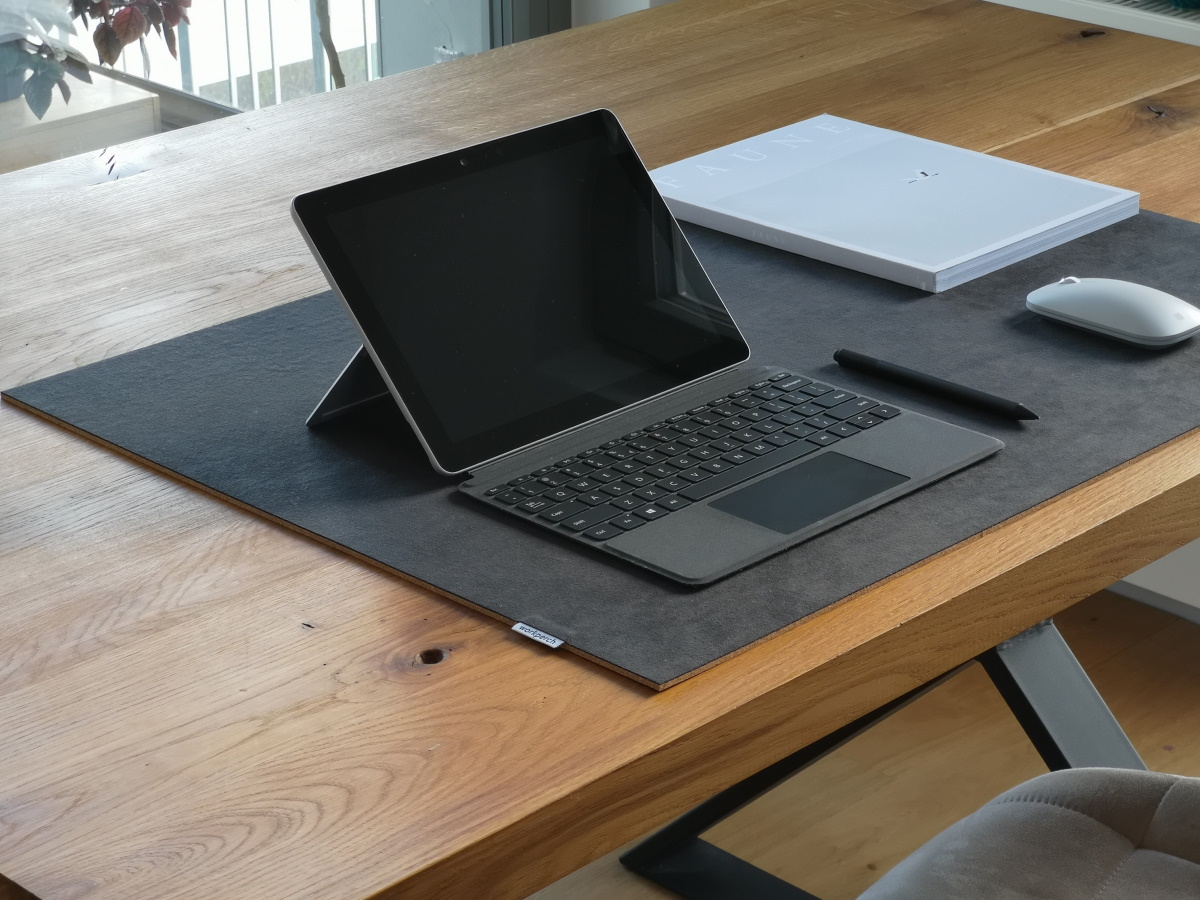Microsoft may be working on a modern version of Windows (again)

Remember Windows 8 RT? No? What about Windows 10X? No? It appears, filed under rumor for now, that Microsoft is working on the next modern version of Windows. The report comes from Windows Central, and the company cites unnamed sources close to the project.
Microsoft is working on a project that it calls CorePC. CorePC has similar goals as Windows 10x, but Microsoft appears to have learned from past mistakes as well.
The main idea behind Windows Core OS is to snag away marketshare from Google and its Chromebooks. Microsoft's initial attempts, in the form of Windows 8 RT, failed spectacularly at the time. One of the main reasons for that was that Microsoft removed support for legacy programs. Not a smart move, considering that users were left with UWP apps, which were not available in abundance, and still are not.
Windows RT ran on ARM devices only, including Microsoft's original Surface tablet. Only a handful of Windows RT devices were released and it is considered a financial failure today.
Windows 10X was Microsoft's last attempt at creating a modern version of Windows, but it never was released by Microsoft. Microsoft cancelled the project in 2021 and Windows Central claims that its sources say that Microsoft stopped trying to "modernize the Windows platform to help it compete with its more modern rivals".
Microsoft is working on Windows Core OS, according to Windows Central's sources. The site claims that the CorePC project aims to create a "modular and customizable variant of Windows" that Microsoft may use for different form factors. One key difference between CorePC and previous attempts is that some of these versions will support legacy Win32 applications.
One of CorePCs main new features is state separation. It uses a read-only partitions system, similarly to those used on Android and iPadOS. These partitions are locked and inaccessible by users and third-party applications. The feature improves platform security, updating, resetting, and reinstallations because of that. The ability to reset devices quickly is a core required feature in the Education sector, which Google dominates with its Chromebooks.
Windows Central's sources claim that CorePC devices can compete with Google Chromebooks in regards to the footprint of the operating system, system performance and also supported capabilities. A test version, that comes with Edge, Office apps, support for web apps and Android apps, is said to be between 60% to 75% smaller than Windows 11 SE already. It is designed for low-end education PCs, according to the source.
Other versions of CorePC are also in development. Microsoft seems to be working on a version that replicates the functionality of Windows 11, but with the added benefit of state separation, which would make the operating system more secure and allow for faster operating system updates and resets.
There is also one version that is "silicon-optimized", according to Windows Central. It has reduced legacy overhead and focuses on AI capabilities.
Closing Words
CorePC may very well be in development right now at Microsoft, but the company refused to comment on the plans and it should be filed under rumor for now. The new approach has several advantages over previous attempts, including that it is modular and capable of producing different versions for different tasks.
Whether this will become Windows 12 in the end, or something entirely different remains to be seen.
linux ? where is my penguin friend ??
Microsoft’s latest version of “modern” is an advertising system disguised as an operating system.
If Win32 is dead, Windows is dead too.
CorePC would flop again, trust me.
Microsoft wants to modernize. Users want old versions that work. Back to Marketing #101.
Product – What you sell
Price …
Place …
Promotion – How you get customers
Microsoft spends too much time trying to make Windows be everything to everybody then they try promote how good it is. Not enough time on Product and too much on Promotion.
Good marketing is about putting smiles on faces:
https://ahrefs.com/blog/wp-content/uploads/2022/02/what-is-marketing.png
Apple may not have the same numbers but they do have blind loyalty.
LOL.
Like allen said “If I want it at all, I want it on my desktop, not as an appendage to microsoft[dot]com”.
If windows becomes any more intrusive I’ll just toss my PC’s and start a new hobby.
Dear M$, If I have to give up privacy I’ll just use my Android phone.
We don’t want any more modern version of Windows. Each of them was terrible. We simply desire another Windows 7.
But how does Microsoft retain the market for those who DO NOT want a full desktop OS? How do they make something Windows-compatible, but that also mimics iOS and Android? It’s not smart business to just let that market be untapped, especially when PCs have been in continuous decline for over a decade.
I wonder if my Win7 will make it till CorePC, LOL!
The only Windows system I still use is my old Win7 system, and that’s only rarely. So, if MS wants *me* to start using Windows again, then it will at least have to look and work like Win7 (Aero!). (And stop trying to turn Windows into an “Internet operating system.” If I want it at all, I want it on my desktop, not as an appendage to microsoft[dot]com.)
This is me… not holding my breath.